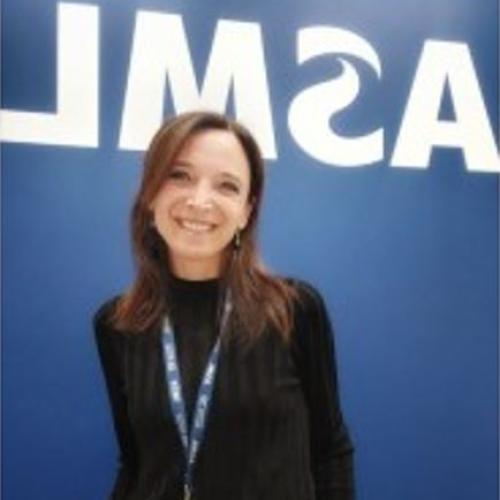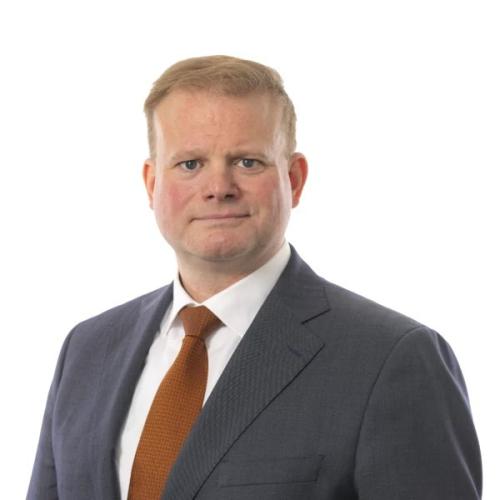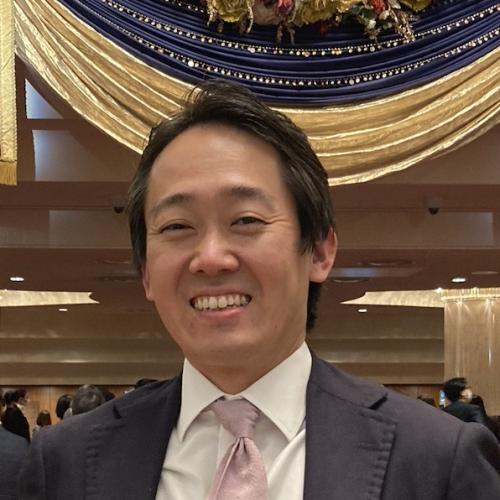
David Goodfellow

Alexander Haertel

Adele Calamo Specchia

Wolfram Thomas
Women’s Wellness: How It’s Evolved and What’s Next?
Navigating intellectual property disputes requires strategic decisions on the most effective resolution paths. This session explores the full range of options available to tech companies—from mediation and arbitration to licensing, opposition, and litigation. Gain insight into when each tool is best suited, how to manage IP portfolios proactively, support innovation teams, and balance the operational and financial impact of disputes on your business.
• Explore the expanding role of mediation and arbitration as faster, cost-effective alternatives to traditional litigation in various IP disputes.
• Understand the potential impact of the new UPC Mediation and Arbitration Centre in Ljubljana, and how it may change dispute resolution for European patent holders and implementers.
• Understand how strategic licensing and portfolio management can help avoid costly conflicts and support innovation.
• Discuss when to escalate matters through opposition proceedings or litigation and how to prepare for large-scale enforcement campaigns globally.

Bas Van Buul

Jako Eleveld

Mitsuaki Masumura

Linnea Harnesk


